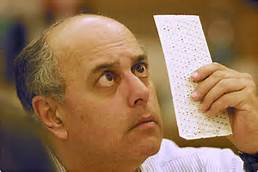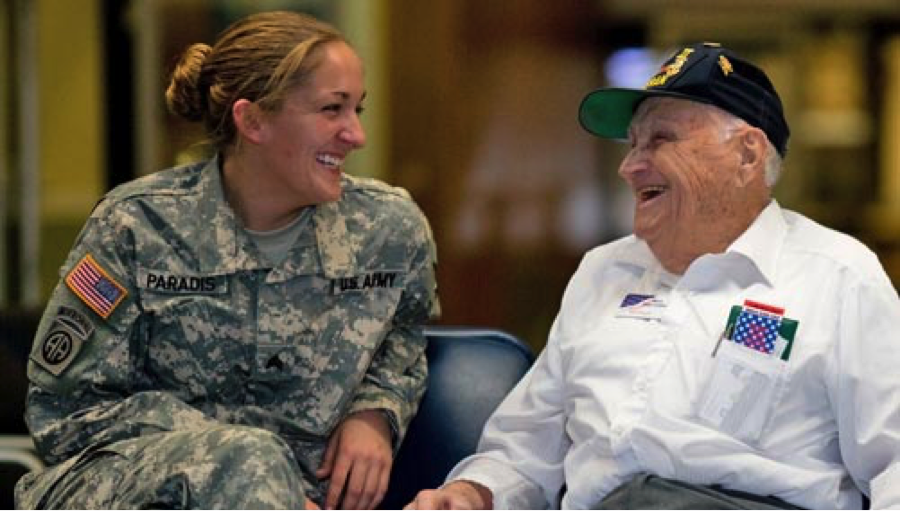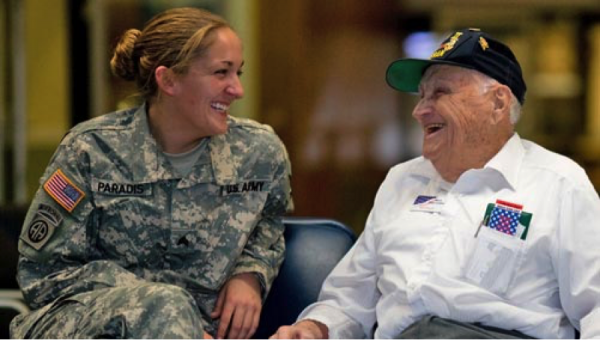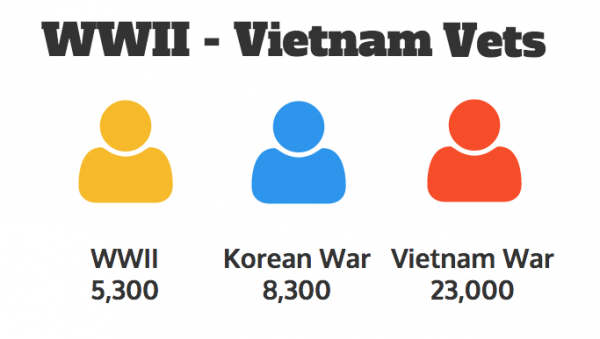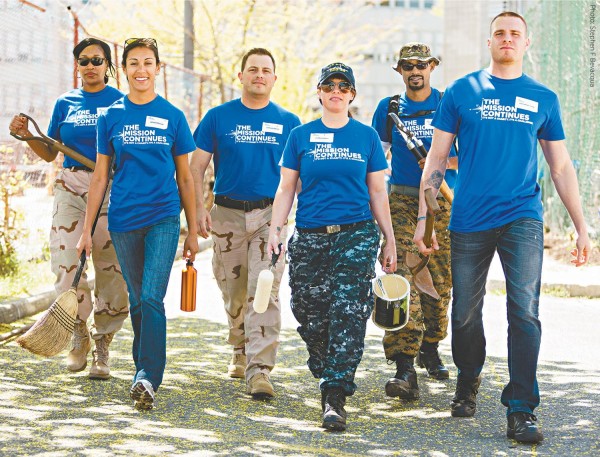“Oh, what a tangled web we weave,
When first we practice to deceive.”
Sir Walter Scott
The fix is in. The President is not elected by 105 million American voters. No, the President is selected by five Supreme Court justices.
Justice Antonin Scalia writes that recounting Florida votes will “cast a cloud” over the election. This is absurd.
On December 11, 2000, conservative justices rule in Bush v. Gore for George W. Bush on a technicality: The Florida Supreme Court is making “new law.” So Florida’s justices promptly submit a revised ruling.
Oh no! Isn’t there still some way to stop this recount? How?
The Supreme Court Five now invoke the opposite finding: Florida must put aside each county’s voting laws on recounts and establish ‘new law’—the same for every county.
This too is absurd. Differing legal standards for each county’s voting already exist. So, using the Court’s logic, shouldn’t Florida’s results be tossed out? No, Al Gore would win.
Moreover, applying one legal standard statewide requires judicial activism and violates states’ rights. Doesn’t Scalia detest such violations of his bedrock principles?
If the recount proceeds, however, Al Gore is almost certain to be President. The reason: Outdated punch-card machines in poor Democratic precincts negate more votes than modern machines in Republican precincts. A manual recount restores legitimate votes. And The Guardian reports that recounts commissioned by The Washington Post and Palm Beach Post document, “Florida ‘recounts’ make Gore winner.”
So the Court’s Republican caucus commits this dastardly deed of selecting their favored candidate. They declare the equal-protection clause of the 14th amendment—whose original intent is protecting the slaves—now protects Bush. This violates Scalia’s ‘originalist’ and ‘strict constructionist’ interpretation of the law—especially since he declares the equal-protection clause should not apply to women.
So much for Scalia’s ‘principled’ jurisprudence. Did he somehow forget Jesus’ bedrock principle, “The truth will set you free”?
The Court’s chicanery continues: The ruling is issued at 10 pm on December 12, requiring the Florida Supreme Court’s compliance by midnight!
The Court’s legitimate choice is to give Florida several days to conduct a fair recount. As they fear, however, Gore will win.
Make no mistake: Democracy dies on December 12, 2000. The Court’s miniature election is a coup d’etat.
This pernicious ousting of President Gore is compounded when Bush appoints two conservatives to the Court which crowned him.
Moreover, the Iraq invasion is highly unlikely with a Gore administration. Imagine: No Iraqi war deaths or refugees; no emergence of ISIS in Syria—and no fear of their terror attacks. The Supreme Court Five bear much responsibility for this widespread devastation.
But deceptions do not cease with Scalia’s death.
In the year 2000, five Republican-appointed justices overthrew a Democratic President. In the year 2016, Senate Republicans insist they will block any candidate the Democratic President nominates. Thus, Republican leaders only ethic is winning at all costs—the ethic of dictators.
A coup for Scalia’s successor is repugnant. Again, the excuses are absurd.
Excuse #1: Time’s too short. False. Since Clinton’s presidency, the longest confirmation takes 87 days. Obama still has more than 300 days in office.
Excuse #2: The voters should decide with the next President. Wrong. The voters already decided, electing President Obama for four years—not three.
Excuse #3: As no president has made a Supreme Court nomination in his last year in office for 80 years, doing so would violate our tradition. Sounds good—except no such ‘tradition’ of waiving nominations exists.
Excuse #4: Supreme Court nominee Abe Fortas was rejected in 1968 because it was the last year of LBJ’s presidency. Again, the deception meter buzzes. Abe Fortas was filibustered because Republicans were outraged with the Warren Court’s decisions.
In this instance, Ted Cruz is deceptive—obscuring Republican obstructionism to justify his own case for Republican obstructionism!
Oh, what a tangled web we weave…

